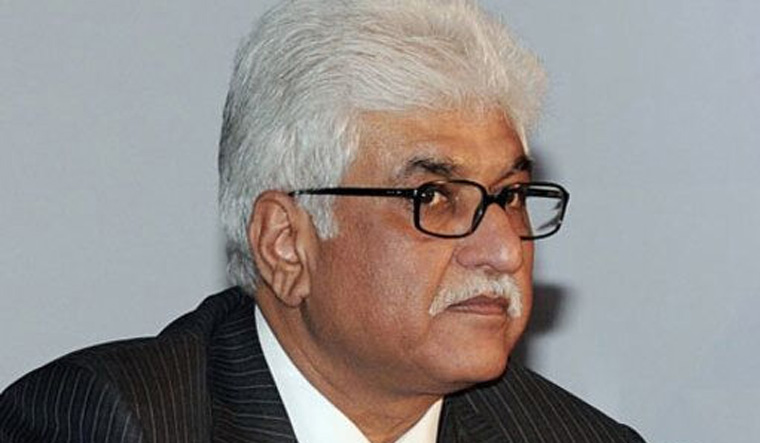Two days after being elected as the national president of the industry body, CII, Rakesh Bharti Mittal, a seasoned entrepreneur, says India will witness substantial growth in the coming two years. But this time, the growth driver will be rural India. Excerpts from the interview with Mittal:
What will be India's growth trajectory in the next two years?
India seems to be on a better growth path this year and is expected to touch 8 per cent growth in GDP by 2018-19. Consumer demand is going up and from here, it could only be better. The third quarter results of most companies had been encouraging, and this is largely driven by rural demand. This is a different scenario from some years back, when urban centres dominated as growth centres. But now demand from urban centres are consolidating while in rural India it is growing. This has thrown up a very interesting situation for industries.
What should be the focus of Indian industry going ahead?
India needs to be globally competitive and ensure that brand India gets a prominent display. They should also be careful that any mistakes or lapses will hurt this brand India. Doing business ethically and bringing about transparency in doing business is one of CII's many focus. Other than this I think India needs to be more innovative and companies should focus more on research and development.
There is a feeling that private investors did not do much in past four years. Why do you think they were slow on investments?
First of all, drought impacted the economy for two years and that curtailed consumer demand. Then demonetisation and GST took place and consumers curtailed their demand even further. The mindset was, I will consume only as little as it is neccessary. I can tell you that 25-30 per cent manufacturing capacitiy of most companies were lying unutilised or idle.
But since then steel, cement demand has picked up and even auto component makers are doing well. There is a spurt in two-wheeler demand and FMCG is back to the pre-demonetisation levels. Real estate is still struggling, but there would be new opportunities with RERA.
So, I think that everyone held back on their investments with less demand. Now, with demand back I feel people would have no reasons to hold back on investment decisions. 2019 is a very important year, not just election-wise, but I also see it as a year for our businesses to be back on the growth trajectory.
You have strong views on revival of agriculture sector. Can you share a few ideas?
Agri-sector needs to get back to having 4 per cent share of the GDP. CII is playing an active role with NITI Aayog in formulating the agri policy. Plus, this year there is a chance that with normal monsoon, demand in the sector would pickup. Already the government has announced remunerative prices for farmers. We see that the agri-sector would soon move from being demand-led in terms of prices to being supply-led. We want to change practices and systems in agri buying. Why is it neccessary to have an 'Arthiya' licence to be able to buy goods from farmers? Why cannot companies buy from them directly? Under UDAN scheme agri-exports could receive a boost, especially from North East India. Farmers will also have to take the risk to move from staple or MSP crops to growing other high-value crops under long term lease, allowing risk-free income for farmers. All these measures will certainly help in doubling farmers' income and more.
What do you seek from the government in terms of labour law reforms and for other areas?
Some things the government has done, like allowing industries to recruit on fixed term contract basis, will certainly improve the number of jobs. But there are some other areas on which we are drawing the government's attention, and these relate to having four basic labour laws on health, safety, pay and working condition instead of the multitude of laws that we have today. That is still a work in progress.
Another area where we want the government's attention is on the allocation of natural resources like metal, telecom spectrum and even water. Today, water lacks the focus that these other natural resources receive from the government.


